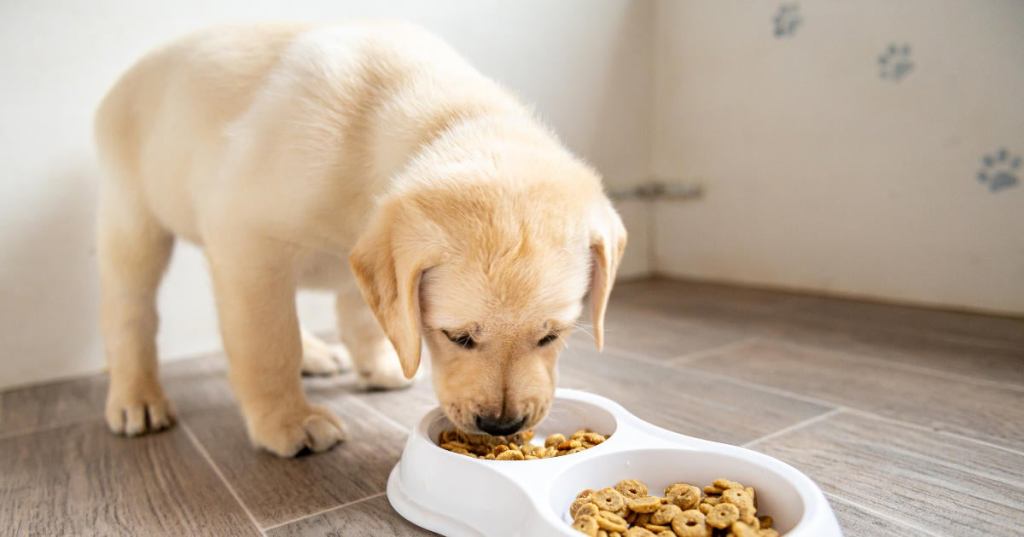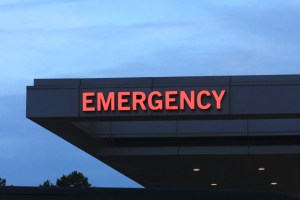Nestlé Purina PetCare Company and health officials are urging pet owners to “immediately” discontinue use of a certain dog food after it was recalled over toxicity concerns. The company on Wednesday, Feb. 8 voluntarily recalled select lots of Purina Pro Plan Veterinary Diets EL Elemental (PPVD EL) prescription dry dog food after it was found to possibly contain elevated levels of vitamin D, which could lead to elevated levels of vitamin D in dogs if consumed.
The recall only affects Purina Pro Plan Veterinary Diets EL Elemental (PPVD EL) prescription dry dog food, with no other Purina brand pet foods affected. According to a notice shared by the U.S. Food and Drug Administration (FDA), the recalled food was available in 8-pound (UPC 38100 19190) and 12-pound (UPC 38100 19192) bags. he first 8 digits of the lot code of the recalled products are 2249 1082, 2250 1082, 2276 1082, 2277 1082, 2290 1082, 2360 1082, or 2361 1082. The recalled bags of PPVD EL were distributed throughout the United States by prescription only through veterinary clinics, Purina Vet Direct, Purina for Professionals, and other select retailers with the ability to validate a prescription.
Videos by PopCulture.com
Nestlé Purina PetCare Company issued the recall after receiving two confirmed reports of “a dog exhibiting signs of vitamin D toxicity after consuming the diet, to date.” According to the company, “once taken off the diet, each of these dogs recovered.” Although Vitamin D is an essential nutrient for dogs, ingestion of elevated levels can lead to health issues. Vitamin D toxicity may include vomiting, loss of appetite, increased thirst, increased urination, and excessive drooling to renal (kidney) dysfunction.
Due to the health risk associated with elevated levels of Vitamin D, the FDA and Nestlé Purina PetCare Company advised pet owners to “immediately stop feeding” their dogs the recalled Purina Pro Plan Veterinary Diets EL Elemental (PPVD EL) prescription dry dog. The recalled dog food should instead be thrown away in a container where no other animals, including wildlife, can get to it. The company advised, “if signs such as weight loss, excessive drooling, vomiting, loss of appetite or increased thirst or urination have occurred in their dog while eating this diet, pet owners should contact their veterinarian.” In a statement, the company added, “We apologize to pet owners and veterinarians for any concerns or inconvenience this situation has caused. As pet experts and pet owners ourselves, the health and well-being of pets is our top priority.”









